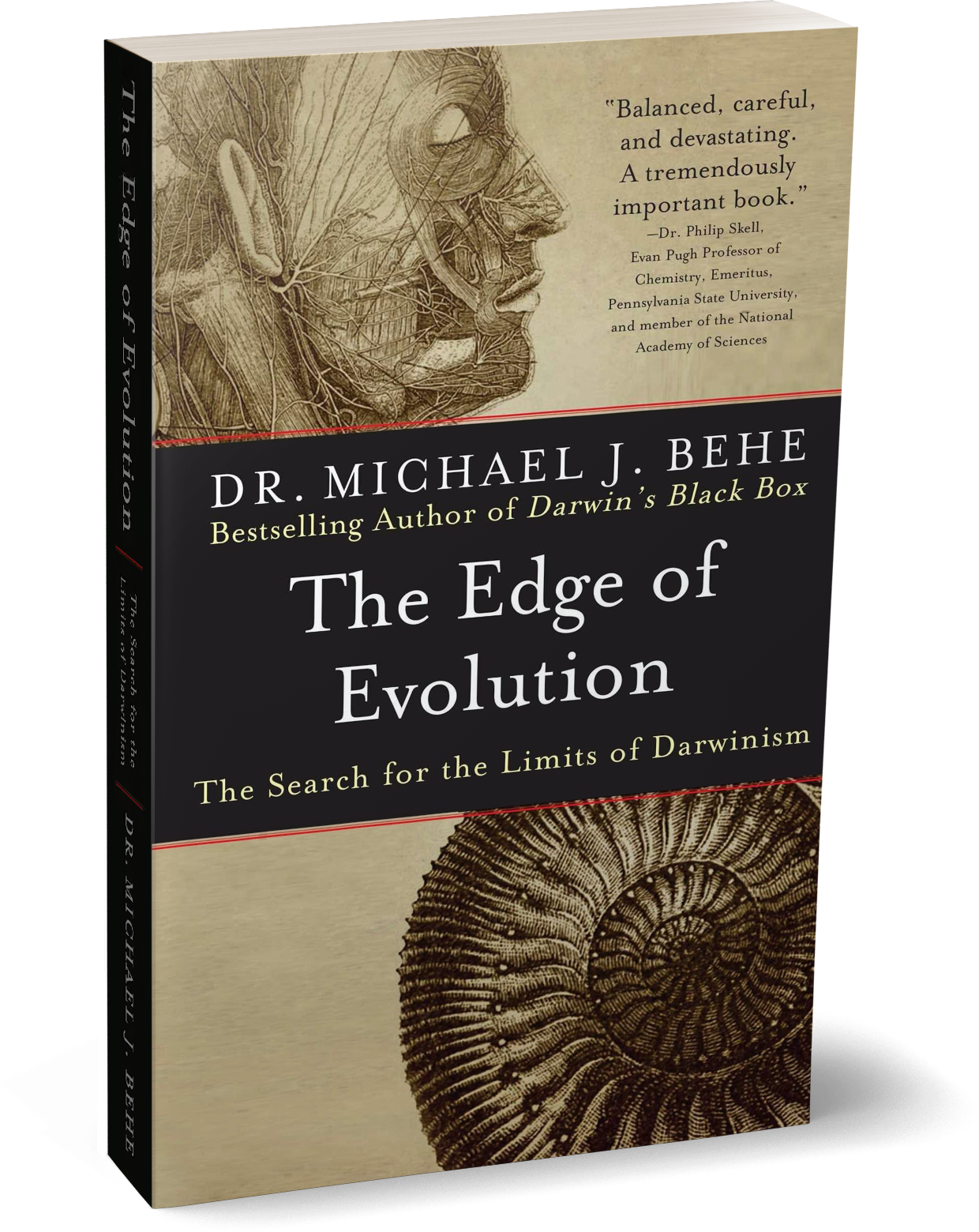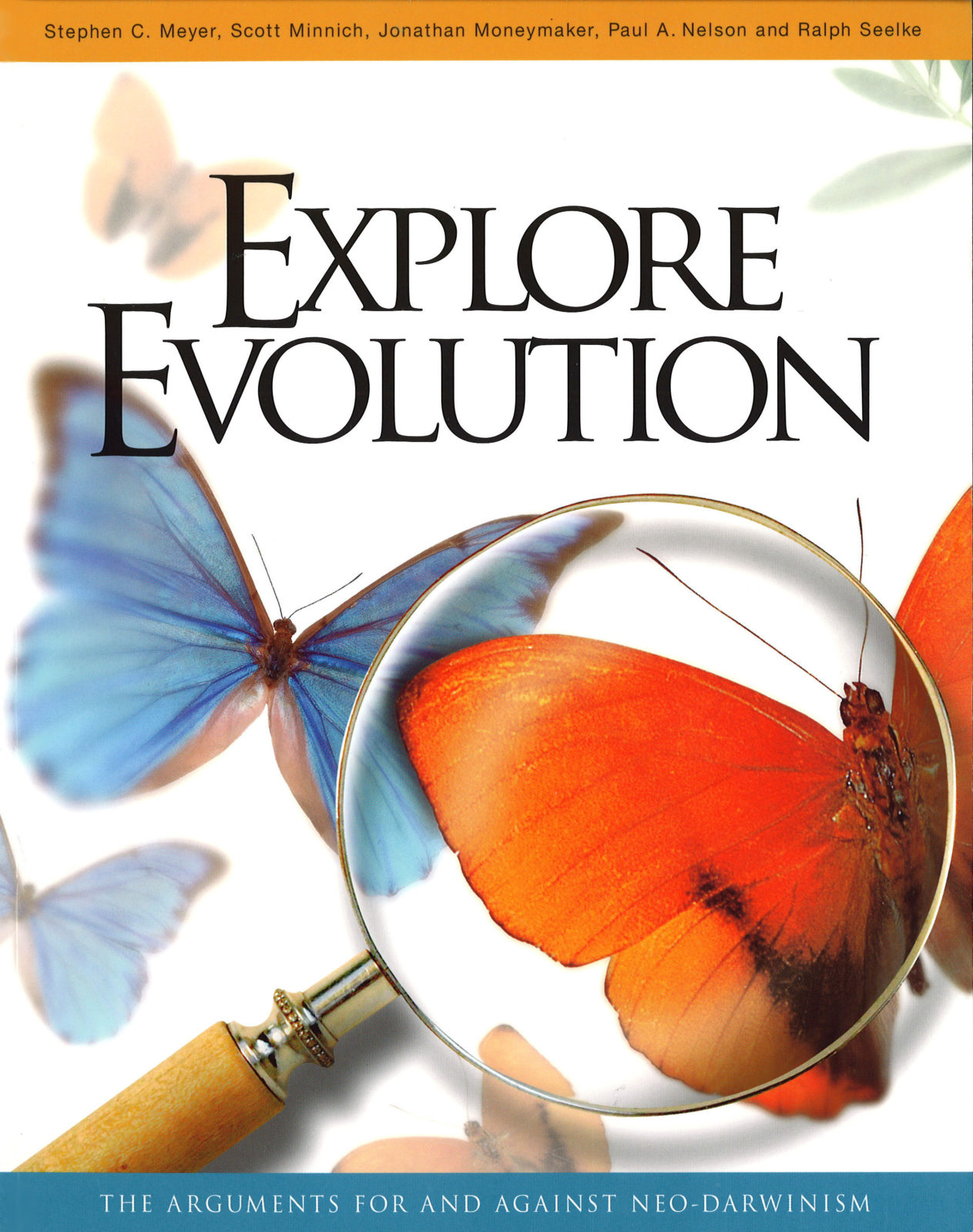Darwin Day: Christmas for Atheists?
While most organized celebrations help knit cultures together, according to the organizers of Darwin Day, those traditional holidays “have often been, and continue to be, the source of serious conflicts.” The ACLU could not agree more. And so a new celebration has arrived, one complete with its own symbols, carols, and talismans, and one its organizers hope will “unite a Read More ›


